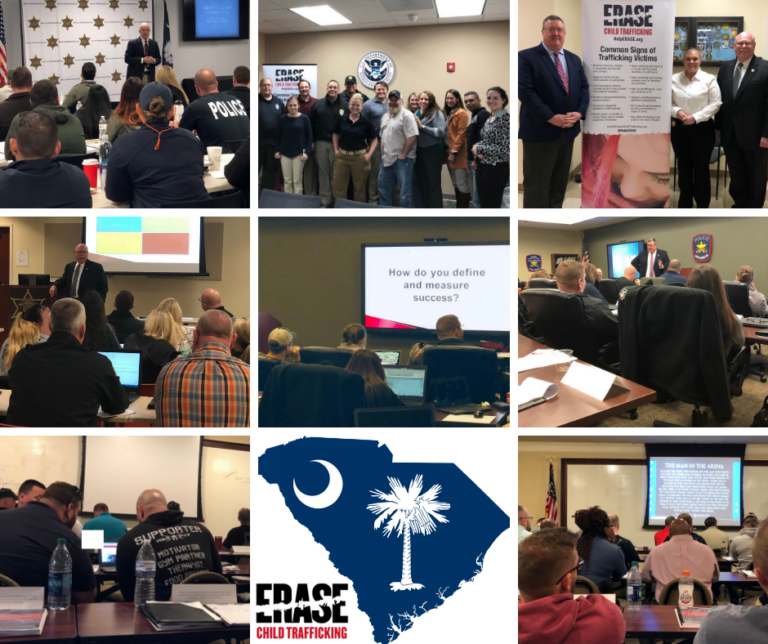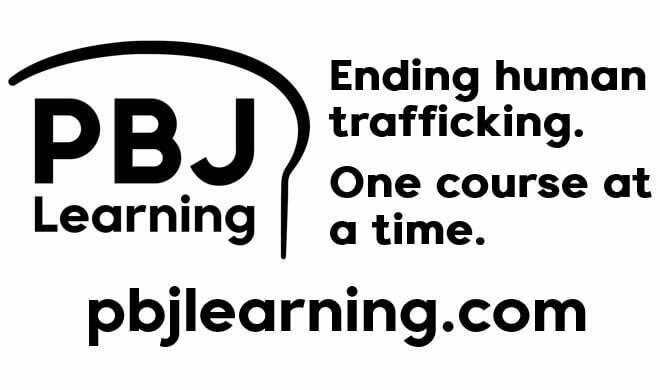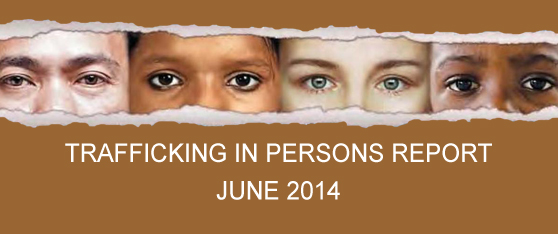Paxton Commends Legislature for Making Texas First State to Penalize Buying Sex with a Felony
Attorney General Ken Paxton released the following statement on the passing of HB 1540, the Human Trafficking Prevention Taskforce’s omnibus bill which creates a separate offense for buying sex and raises to the level of a state jail felony the penalty for buying sex from an adult. “Texas is the first in the country to…






